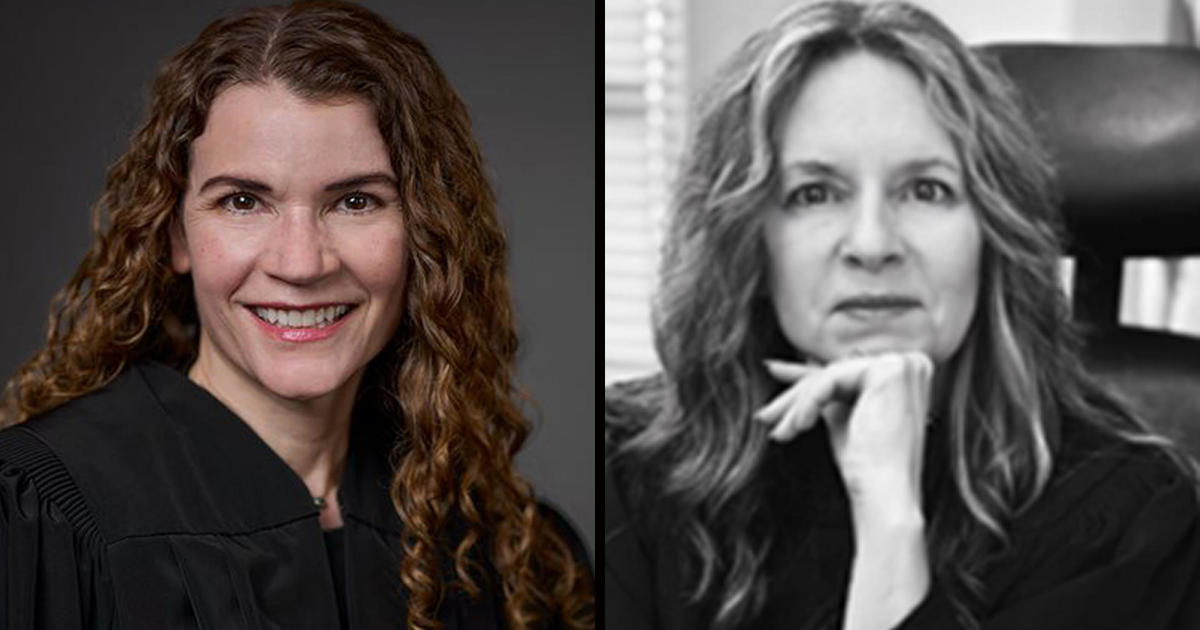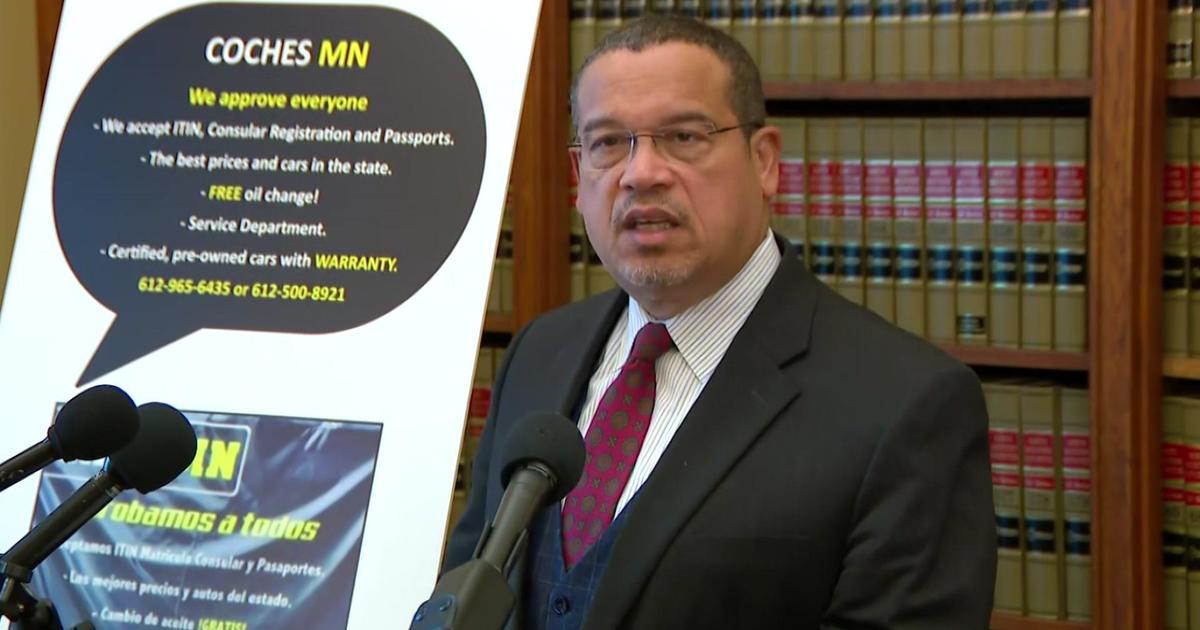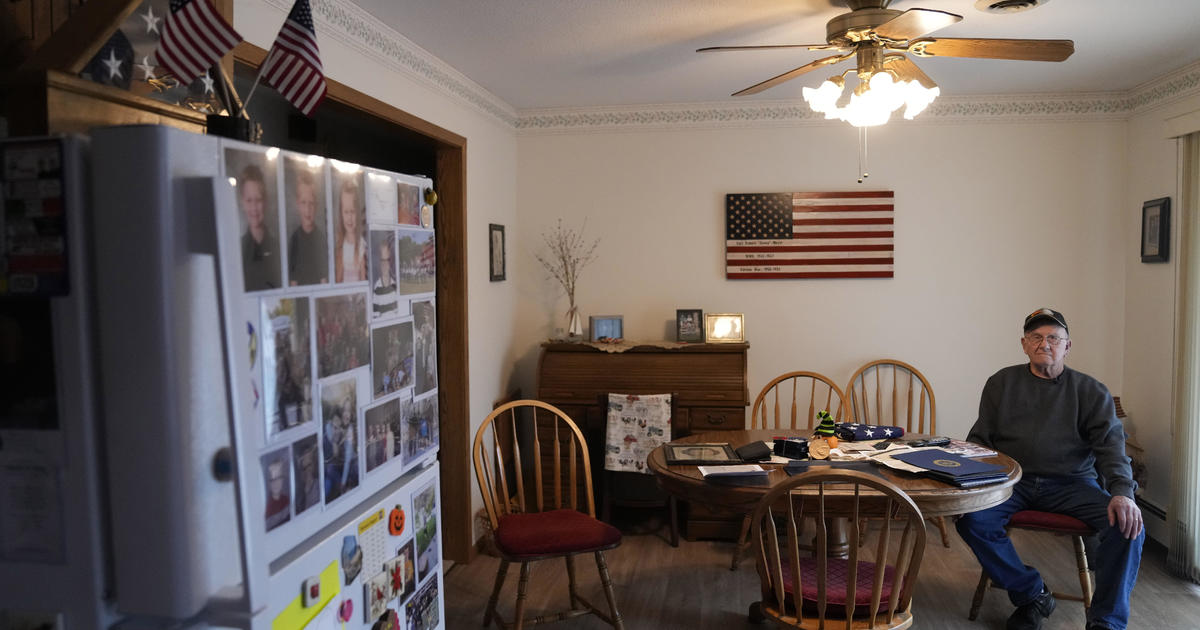Public can weigh in on if camera access should be expanded in Minnesota courtrooms
ST. PAUL, Minn. -- The Minnesota Supreme Court will soon consider updates to rules about audio and cameras recording inside state courtrooms for criminal proceedings, after it ordered a review of current practice last year.
At issue is whether there should be changes to expand the recordings of district court criminal proceedings. Under current rules, audio and video coverage is authorized in certain circumstances if all parties at trial agree to let it happen, which is rare. Cameras are allowed at sentencing hearings unless a judge finds good cause to prohibit coverage.
The public can weigh in on changing the camera policy. Minnesotans and organizations must submit to the Clerk of the Appellate Courts any written comment or request to be in-person at a hearing next month by Wednesday, Aug. 31. You can submit those written comments online or deliver them to the clerk's office.
The move to consider updates to rules about cameras comes after Derek Chauvin's trial for the murder of George Floyd served as a high-profile exception to the norm in Minnesota, allowing people across the world to watch the trial on TV in real-time. Remote technology and livestreaming became a fixture in court proceedings when the COVID-19 pandemic limited in-person access to court rooms.
Media organizations, including WCCO-TV, and government transparency advocates support the measure to expand recording access. Jane Kirtley, the Silha Professor of Media Ethics and Law at the University of Minnesota, said Minnesota is an outlier nationwide when it comes to its limitations on camera access in courtrooms.
"I think after the Chauvin and [Kimberly] Potter trial, the public now has the expectation that they are going to have the right to see what's happening inside our courtrooms and I agree with them," she said. "Every single person in the state of Minnesota has a stake in how criminal justice is carried out."
She believes that expanding access could also increase public confidence in the criminal justice system at a time when there is an erosion of trust in institutions.
"I don't want to overstate the idea that people are suddenly going to have great trust in the institutions by virtue of cameras being there, but what I know for sure is you cannot trust something you cannot see," she said. "To the extent we don't allow the public to see it, we're just playing into the whole disinformation and misinformation idea that our institutions don't work and that they're corrupt."
Last June, the Supreme Court directed the Advisory Committee on the Rules of Criminal Procedure to consider whether the current requirements for audio and video coverage in Minnesota should be modified or expanded.
The group, which is made up of judges, prosecutors, and defense attorneys, said in its report filed this summer that it did not favor expansion of camera coverage, but made suggestions for the court to consider should it decide to move forward. The Minnesota County Attorneys Association, The Minnesota Coalition Against Sexual Assault and the Minnesota District Judges Association also opposed any changes.
"While expanding camera coverage may give the appearance of transparency, the presence of cameras does not necessarily advance the public's understanding of court proceedings, may negatively impact the integrity of the process, and may be prejudicial to defendants," its report filed to the court reads.
The committee expressed concern about negative impact on witnesses and potential safety issues for public defenders and attorneys representing defendants charged with serious crimes. And it suggested that if the Court modifies the current rule, there should be a high standard for expanded coverage and include considerations requiring a judge to prohibit coverage.
In a news release last year about the rules review, Minnesota Supreme Court Chief Justice Lorie Gildea said access to the justice system is "vital to the fair, open, and impartial administration of justice."
"Technology allowed us to keep a window to our courts open during the pandemic, and provides us with the opportunity to ensure accessibility and transparency of our public proceedings," she said. "The time is right to consider whether the current requirements for audio and video coverage of criminal proceedings in courtrooms should be amended to accommodate broader public access."
Legal analyst and criminal defense attorney Joe Tamburino supports allowing cameras in court and said he doesn't have concerns about a defendant's constitutional rights being compromised by their presence. He pointed to expanded use of technology for remote access, including Zoom, which allows anyone to observe a proceeding from afar.
"If it's good enough for Zoom for the public to see what's happening in the courtroom, why not a TV camera? It could be controlled and regulated," he said.
There is a hearing scheduled on proposed rule changes for Sept. 20 at 10 a.m. in the Supreme Court Courtroom at the state capitol.




